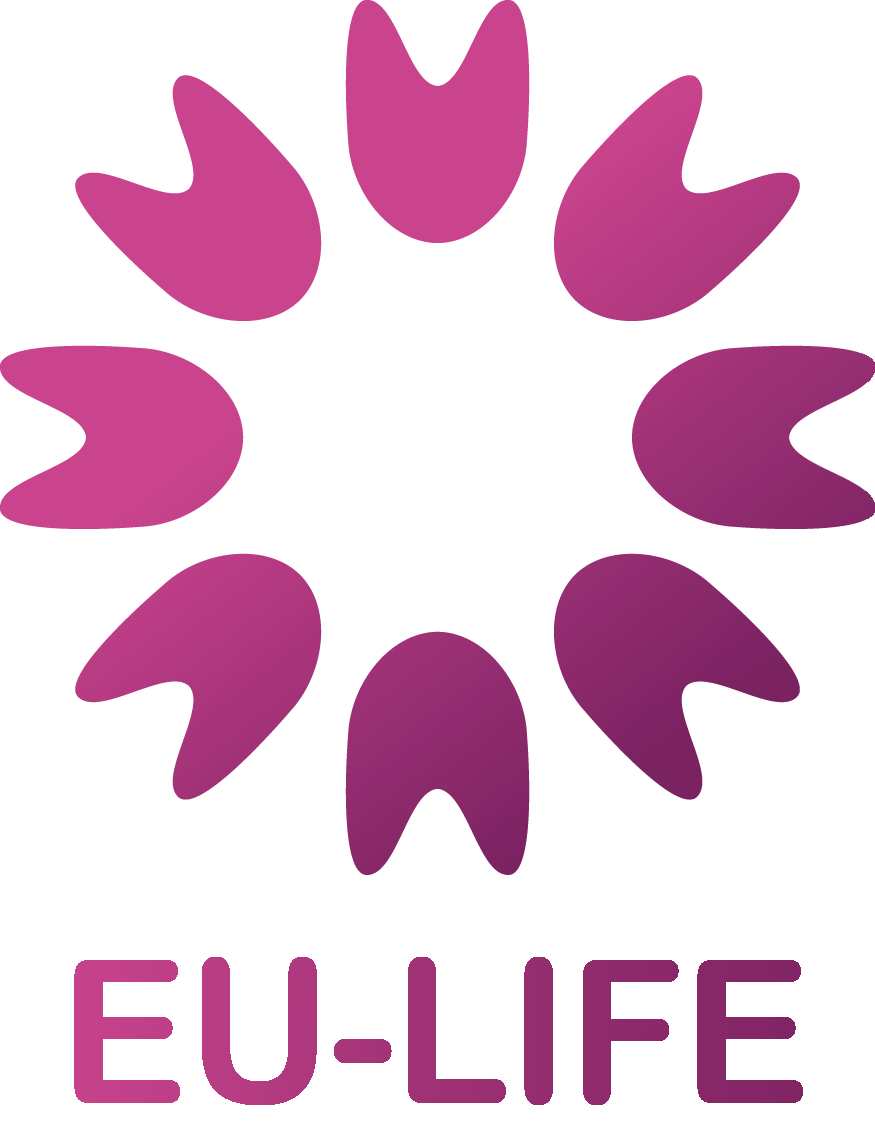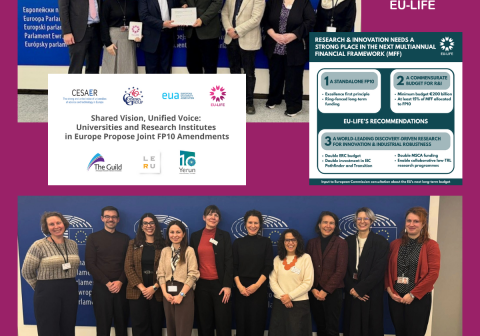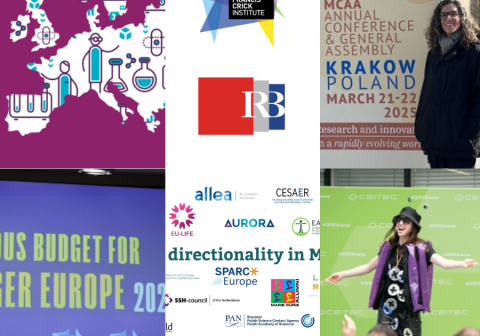Raising awareness and offering accessible information on vaccines
The vaccines have never been so intensely present in the news than in these uncertain COVID-19 times. Scientists, politicians, and media are pointing in the direction of vaccines as a way out of the corona pandemic. However, misinformation and disinformation on COVID-19 vaccine are spreading fast leading to a large number of people still skeptical and refusing to get vaccinated. This is why many EU-LIFE’s institutes have been reinforcing outreach activities to offer scientifically-based information to the general public on vaccines in an understandable way. Here below, we highlight some examples.
VIB, in Belgium, has published an information file to highlight the achievements of vaccinations and to transparently address the challenges ahead. The Facts Series dossier is also accessible in French and German, along with a mini site targeting the public at large in Flanders, available in Dutch.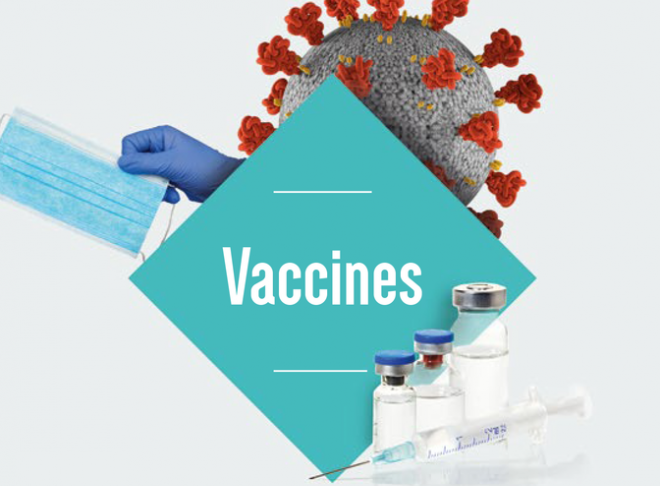
Tackling major questions raised by the vaccines - What side effects should I expect from the vaccines against the new SARS-CoV-2 coronavirus? Have they been developed too fast? -, MDC experts from the fields of immunology and RNA biology in Berlin answered frequently asked questions online here (available both in German and English).
CEITEC, in Czech Republic, ran a Pro-Vaccination campaign on the website and Facebook in January. Leading by example, CEITEC Masaryk University have therefore decided to jointly express their opinion about vaccination exposing their motivation to get vaccinated and spreading via social media.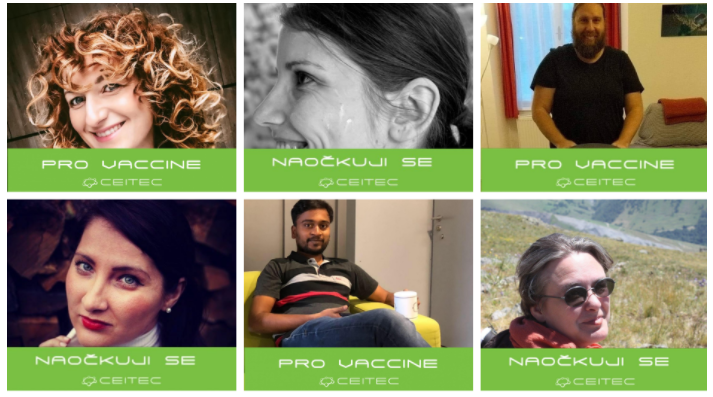
In Portugal, IGC teaming with other Portuguese scientific institutions and the national agency for the scientific culture has just set up a dedicated science communication campaign. The approach is to reveal the decades of science that allowed COVID-19 vaccines to be developed in such a short period of time. During this campaign, IGC researchers along with researchers from different institutes in Portugal will participate in online sessions with schools and other publics, such as the “Conversas com cientistas” promoting an open dialogue between scientists & the public.
IMBB, in Greece, organised in January an open online seminar, followed by a Q&A with the general public. Two IMBB affiliated researchers presented various topics such as the mechanism of action of SARS-Cov2, the current therapies available for people in intensive care units, how vaccines work and how their development was achieved in such a short time frame and finally why it is important for people to get vaccinated. This seminar was attended live by around 700 people and was uploaded later on the youtube channel of FORTH-IMBB.
In addition to these outreach activities on vaccines, Professor Adrian Liston from the Babraham Institute and the researcher and illustrator Dr Sonia Agüera-Gonzalez from Tenmei Editions have produced an illustrated book for children ‘All about coronavirus’, explaining what coronavirus is, how it makes us sick, and why lockdown approached have been necessary. The book is free on issuu and is available in English, Dutch, Italian, Spanish and French.
